Wed 22 Jan 2014 by Philip Woodcock
Since 20 August 2013 when the Maritime Labour Convention (MLC) came into force, the question of whether windfarm
support vessels (WFSVs) need to comply with the MLC has been a potential issue for the offshore wind industry, and for
some, the answer is still unclear. For UK-flagged workboats the answer is “yes, but” or “maybe”, which is not much help
to a vessel operator or charterer.
The MLC has been called the “fourth pillar of maritime law” after the conventions on Safety of Life at Sea (Solas),
Prevention of Pollution from Ships (Marpol), and Standards of Training, Certification and Watchkeeping (STCW). It is
also known as the “seafarer’s bill of rights”, and provides comprehensive rights and protection at work for the world’s
more than 1.2 million seafarers.
The convention aims to achieve both decent employment for seafarers, as well as secure economic interests in fair
competition for quality shipowners. A maritime labour certificate (MLC) and a declaration of maritime labour
compliance (DMLC) are required to demonstrate compliance with the convention for all ships in international trade.
The MLC was adopted in February 2006 but took until August 2012, with the signatures of Russia and the Philippines, to
obtain enough governments to ratify the convention. This ensured that it would enter into force worldwide 12 months
later on 20 August 2013.
The UK took considerable time to enact the various elements of the convention into law and ratified just one week before
the worldwide entry into force. For UK vessels the convention will not be fully in force until 7 August 2014, one year
after the date of ratification.
Although the convention is clear that it applies to “all seafarers”, its application to vessels of less than 200gt was more
ambiguous, as this was left to the discretion of individual member states. With the UK having a very large number of
workboats registered and many of those being WFSVs, this ambiguity and the late ratification created some confusion.
To clarify the position, especially for commercial workboat operators, Marine Guidance Note (MGN) 490 was prepared
in co-operation with the National Workboat Association and issued in August.
The MLC will apply to all UK vessels ordinarily engaged in commercial activities and, therefore, to windfarm support
vessels and other workboats of less than 200gt. However, it will not apply to vessels which operate on domestic voyages
(voyages that start and finish in the UK) of less than 60 nautical miles.
If your vessel is going to call outside the UK, or is working outside the UK, then the convention applies and the local Port
State Control (PSC) authority may inspect the vessel for compliance. An MLC issued by a Maritime & Coastguard
Agency (MCA)-recognised small commercial vessel certifying authority will be considered as prima facie evidence of
compliance.
Vessel operators will undergo an audit of their management system to ensure that procedures are in place covering the 14
main items of the convention. Significant focus is placed on the seafarer’s employment agreement (SEA). As many
WFSVs operate on a relatively informal basis, this part of their administration work may catch some operators unaware.
To help, the MCA has posted a model format SEA on its website. Frustratingly, it can only be found by using the search
function at www.dft.gov.uk/mca/mlc.
The convention sets minimum standards for the accommodation arrangements on vessels. While vessels constructed
before 20 August 2013 will be ‘grandfathered in’, newbuildings or major reconstructions which commence after that date
will be required to comply.
MGN 490 also recognises that workboats of less than 200gt will be faced with challenges complying with the full
structural requirements of the convention and provides guidance on the UK’s interpretation of what are known as
“substantially equivalent arrangements”.
Many German operators, such as Frisia Offshore, have been certified since the beginning of August. UK operators who
operate vessels outside the UK are in the process of upgrading their procedures and administration and are getting
inspected.
If you operate a UK-registered WFSV outside the UK, you need to be inspected and certified according to the MLC; and
if you do not operate abroad but are contemplating new vessels, it would
be crazy not to design to be in compliance. OWJ
*Philip Woodcock is operations manager/QHSE/marine manager at Workships Contractors in the Netherlands



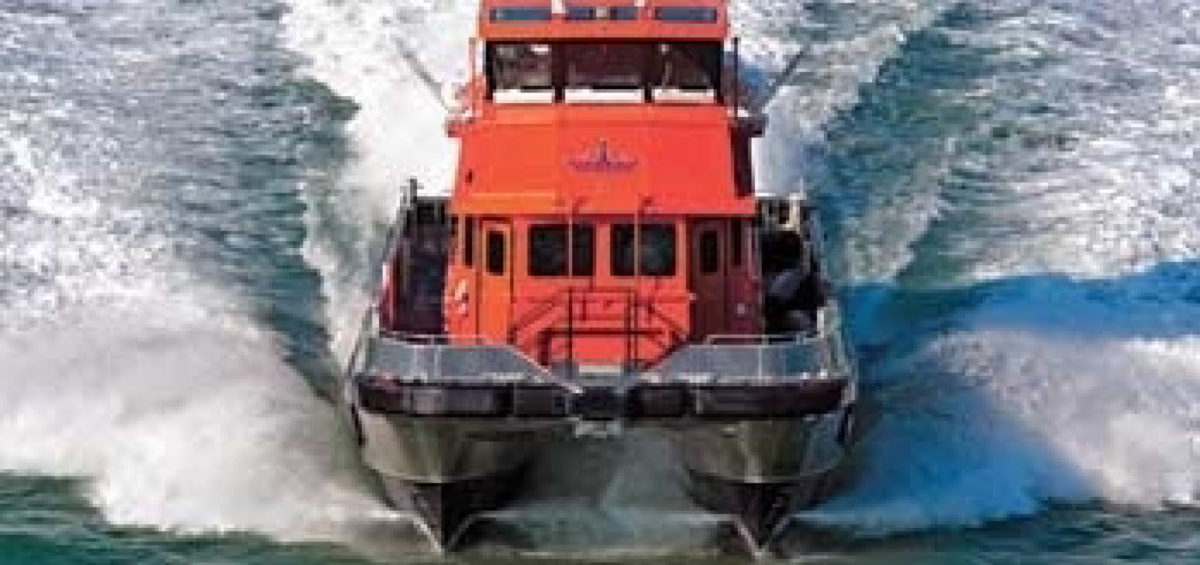
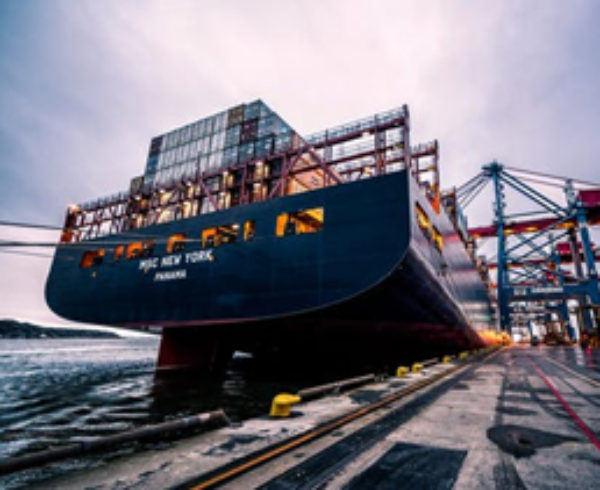
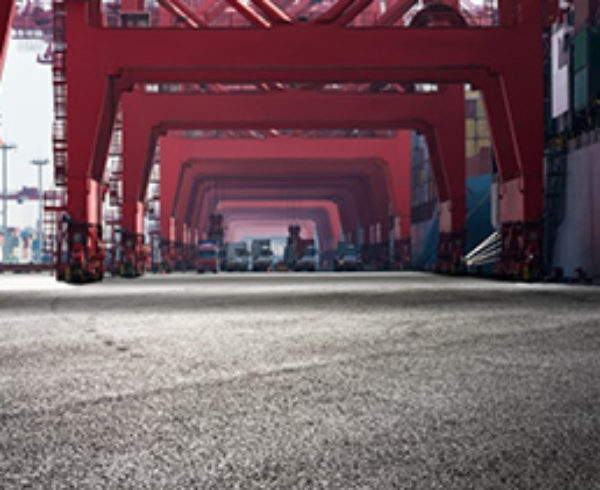
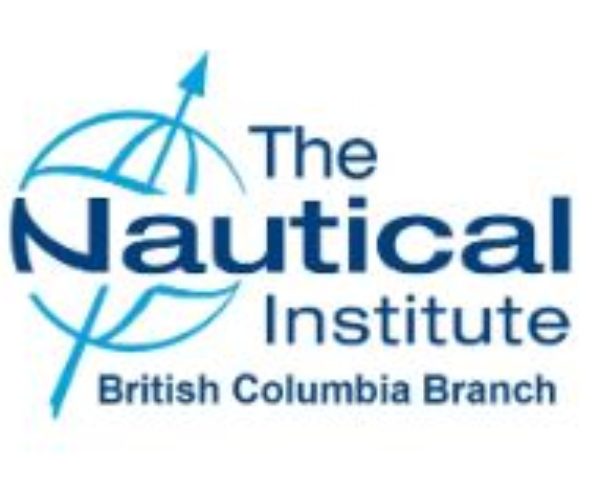
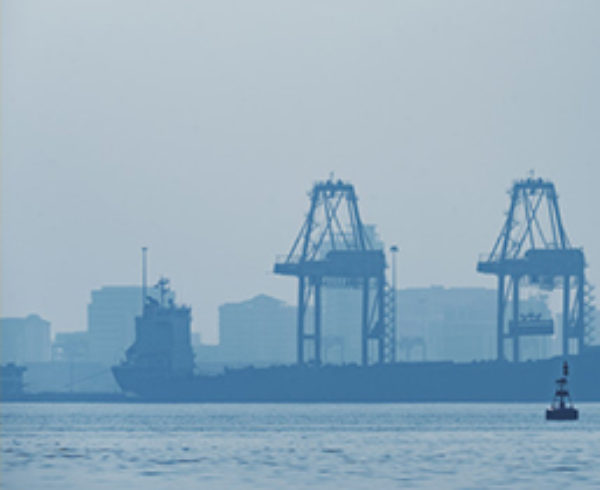

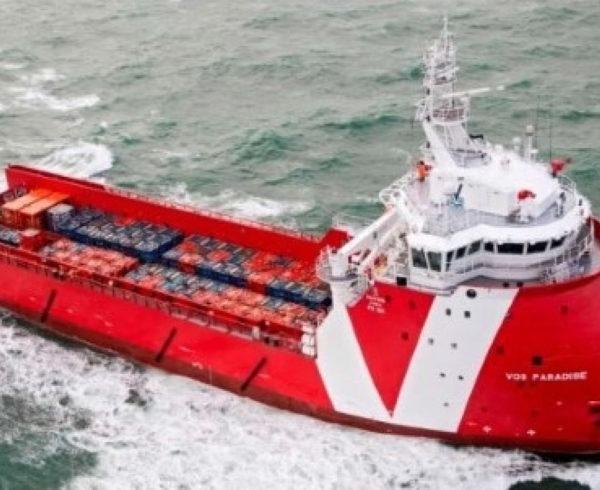
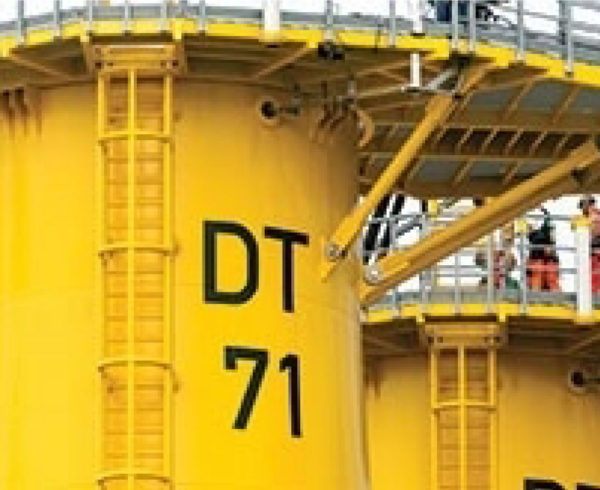


Leave a Comment